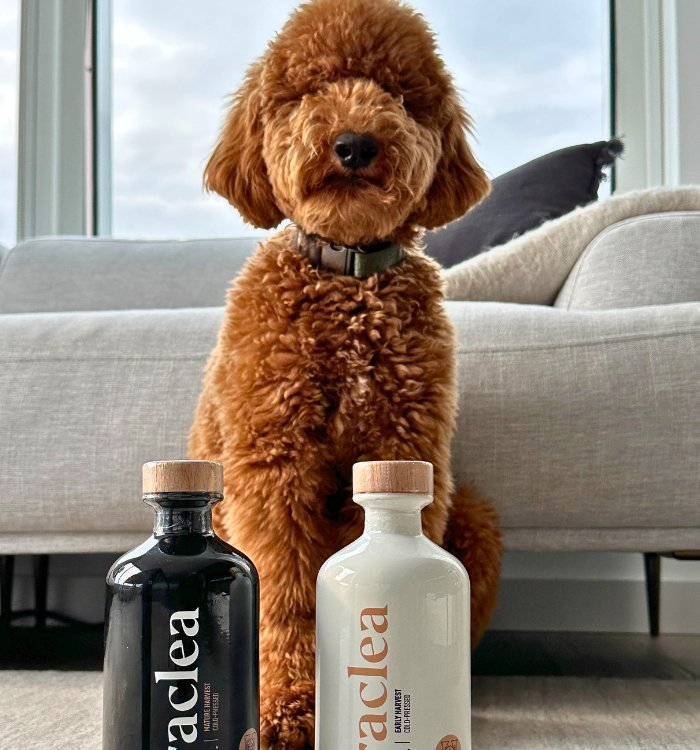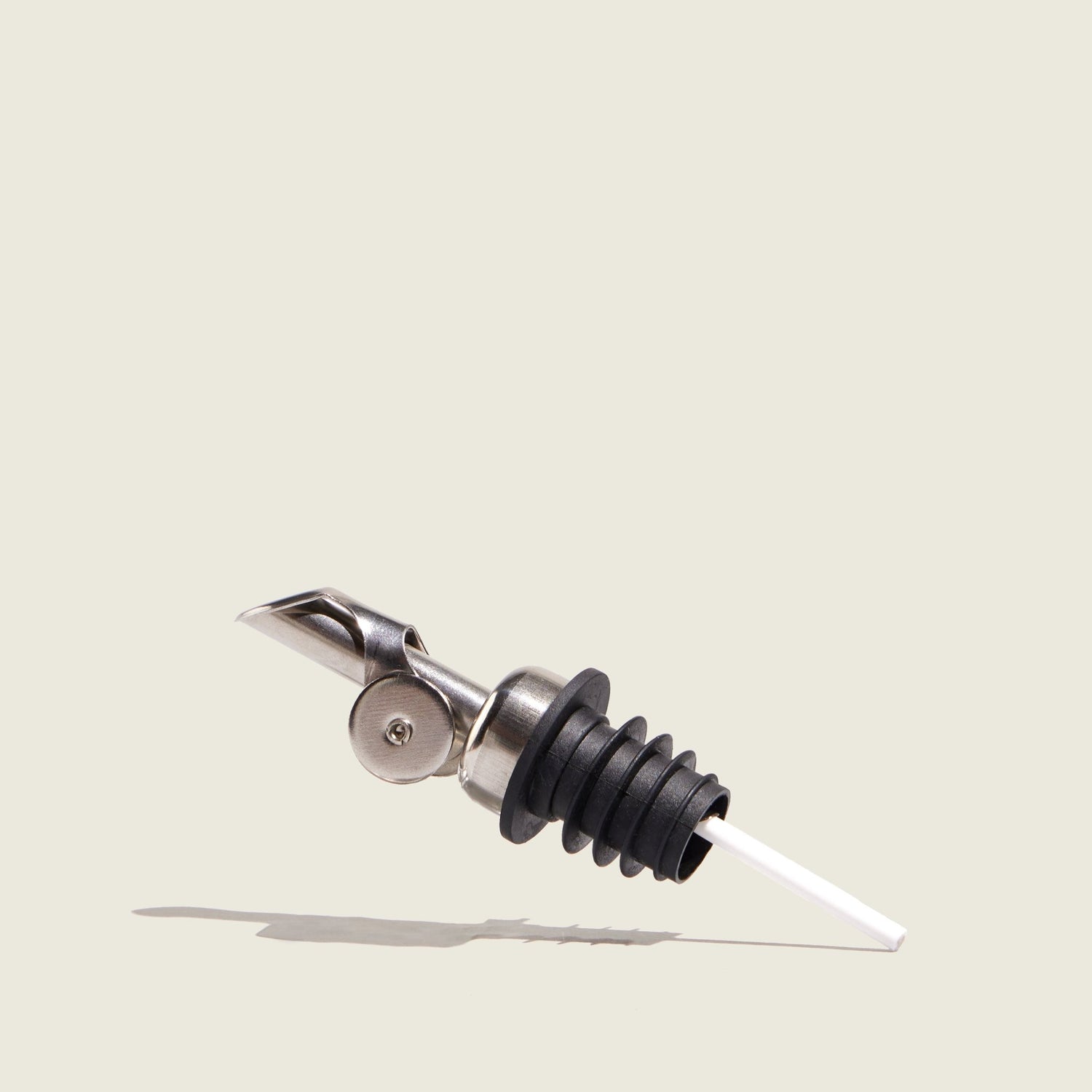
Can Dogs Eat Olive Oil?
by Berk BahceciCan Dogs Eat Olive Oil?
As dog lovers, we are always looking for ways to improve our pets’ health and well-being. If you’re anything like us, you are probably searching for ways to give your furry friend the best life possible. Did you know that adding olive oil to your dog's diet can have numerous benefits? Let’s dive into the wonders of olive oil for dogs and how it can boost your dog's overall health.
The Nutritional Benefits of Olive Oil for Dogs
Olive oil is not only a staple in many human diets but can also provide several nutritional benefits for your dog. One of the critical advantages of olive oil is its high content of healthy fats, specifically omega-3 fatty acids, vitamin E, and antioxidants. These nutrients support your dog's immune system, skin, coat, and overall heart health.
Boosting the Immune System
Olive oil is rich in monounsaturated fats, which help to improve cardiovascular health by reducing bad cholesterol levels and promoting good cholesterol. This can be particularly beneficial for dogs with heart conditions or those at risk. The antioxidants in olive oil, including polyphenols, vitamin E, and carotenoids, help to combat free radicals in your dog's body, reducing inflammation and supporting a robust immune system.
Enhancing Your Dog's Skin and Coat Health
Vitamin E and omega-3 fatty acids are essential for maintaining healthy skin and a shiny coat. Olive oil can help reduce inflammation, soothe dry and itchy skin, and prevent flaky skin. This is especially useful during changing seasons and dry winter months when your dog’s skin might need extra care.
Supporting Digestive Health
Olive oil can also aid in your dog’s digestion. It helps to lubricate the digestive tract, making it easier for your dog to pass stools and reducing the risk of constipation. This can be particularly helpful for older dogs who may have digestive issues. However, too much of it may upset your dog's stomach so be careful.
Also, research suggests that olive oil can help your dog better digest protein.
How to Incorporate Olive Oil into Your Dog's Diet
Before incorporating olive oil into your dog’s diet, consult with your veterinarian to ensure you have the proper dosage. While olive oil is generally safe for dogs, moderation is key. Here are some tips to help you incorporate olive oil into your dog's diet effectively:
Start Slow: Begin with small amounts. Add a teaspoon of olive oil to their regular food and monitor their reaction. As long as your vet approves it, you can gradually increase the amount to a tablespoon for larger dogs.
Choose High-Quality Extra Virgin Olive Oil: Opt for high-quality extra virgin olive oil, which undergoes minimal processing and retains more nutrients.
Mix It In: To make it easier for your dog to consume, mix the olive oil with their regular food. Ensure the oil is evenly mixed so they don't just lick it off the top.
Consider Your Dog's Weight and Health: The amount of oil you give your dog should be based on their weight and overall health. Consult your veterinarian to determine the appropriate dosage.
Important Considerations
While olive oil is generally safe for dogs, it's essential to be aware of potential risks and take necessary precautions:
Allergies and Sensitivities: Like humans, dogs can have allergies or sensitivities to certain products. Introduce olive oil slowly and monitor their reaction source.
Weight Gain: Olive oil is calorie-dense. If your dog is overweight or prone to weight gain, consult your veterinarian to determine the appropriate amount of oil to include in their diet.
Digestive Issues: Dogs with existing digestive problems may see their symptoms worsen with the introduction of olive oil. Consult your vet if your dog has symptoms like diarrhea or vomiting.
Other Uses of Olive Oil for Dog Care and Grooming
Beyond the dietary benefits, olive oil can be used for various care and grooming purposes:
Conditioner: Olive oil can be applied to your dog's coat to make it shine and look healthy. Massage a small amount of olive oil onto your dog's fur during their next bath, focusing on dry or dull areas. Rinse thoroughly afterward to prevent residue source.
Paw Care: If your dog's paws are dry or cracked, you can apply olive oil to moisturize and soothe them. Gently massage a drop onto the bottom of their paws, taking care to avoid open wounds source.
Ear Cleaner: Olive oil can be a natural and gentle ear cleaner for dogs. Mix equal parts of olive oil and warm water, and use a clean cloth or cotton ball to wipe the inside of your dog's ears. This can help remove excess wax and debris source.
Conclusion
Olive oil is a fantastic addition to your dog's diet and grooming routine, offering numerous health benefits. From boosting the immune system to enhancing skin and coat health, olive oil can help improve your dog's overall well-being. Always consult your veterinarian before making any significant changes to your dog's diet, and enjoy the benefits of this natural superfood for your furry friend.
By following these tips and incorporating high-quality extra virgin olive oil into your dog's care, you can ensure they live a healthier, happier life. We hope that you find these information helpful. Welcome to our table!







